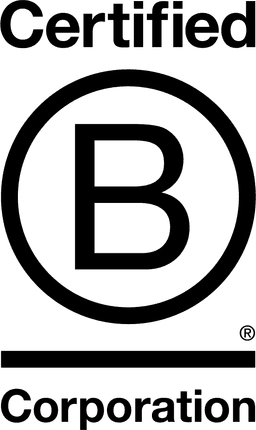

Nestlé Health Science US

1.6
New Jersey, United States
November 2022
Food products
Manufacturing
United States
Nestlé Health Science was created in 2011 with a foundation in medical nutrition. Today, Nestlé Health Science empowers patients and consumers to thrive throughout their health and nutrition journeys by offering an extensive and diverse product portfolio. The company provides nutrition and nourishment where it's needed most from cancer patients dealing with malnutrition to marathon runners. Nestlé Health Science’s 6,000 U.S. employees are passionate about their work and passionate about the role nutrition plays in our lives. Across the organization, scientists, researchers, and medical experts are focused on discovering and developing the latest innovations in nutrition and working directly with healthcare professionals. Nestlé Health Science is working to make a positive impact on people and the planet. The company is embedding sustainability as a way of doing business through a variety of measures including reducing greenhouse gas emissions, sourcing ingredients that have significant nutritional value with minimal environmental impact, reducing virgin plastic use, and striving to make all packaging recyclable. For more information, visit: https://www.nestlehealthscience.us.
Overall B Impact Score
Governance 12.6
Governance evaluates a company's overall mission, engagement around its social/environmental impact, ethics, and transparency. This section also evaluates the ability of a company to protect their mission and formally consider stakeholders in decision making through their corporate structure (e.g. benefit corporation) or corporate governing documents.
Workers 24.1
Workers evaluates a company’s contributions to its employees’ financial security, health & safety, wellness, career development, and engagement & satisfaction. In addition, this section recognizes business models designed to benefit workers, such as companies that are at least 40% owned by non-executive employees and those that have workforce development programs to support individuals with barriers to employment.
Community 20.5
Community evaluates a company’s engagement with and impact on the communities in which it operates, hires from, and sources from. Topics include diversity, equity & inclusion, economic impact, civic engagement, charitable giving, and supply chain management. In addition, this section recognizes business models that are designed to address specific community-oriented problems, such as poverty alleviation through fair trade sourcing or distribution via microenterprises, producer cooperative models, locally focused economic development, and formal charitable giving commitments.
Environment 20.1
Environment evaluates a company’s overall environmental management practices as well as its impact on the air, climate, water, land, and biodiversity. This includes the direct impact of a company’s operations and, when applicable its supply chain and distribution channels. This section also recognizes companies with environmentally innovative production processes and those that sell products or services that have a positive environmental impact. Some examples might include products and services that create renewable energy, reduce consumption or waste, conserve land or wildlife, provide less toxic alternatives to the market, or educate people about environmental problems.
Customers 11.6
Customers evaluates a company’s stewardship of its customers through the quality of its products and services, ethical marketing, data privacy and security, and feedback channels. In addition, this section recognizes products or services that are designed to address a particular social problem for or through its customers, such as health or educational products, arts & media products, serving underserved customers/clients, and services that improve the social impact of other businesses or organizations.